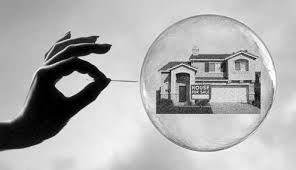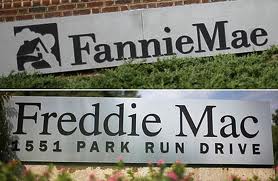I’ve said time and time again that I don’t begrudge the Liberal her intentions – noble to be sure. Rather, I begrudge her policies:
Residents said 85 to 100 affordable apartments should be put on the site, and many held up signs expressing frustration with the high cost of living downtown, where rents often top $1,000 a month.
The reason rents are so high is that supply hasn’t been able too keep up with demand. And the reason for THAT is almost always restrictive zoning laws.
If we allow builders more flexibility is how and what they build, the more building that will take place allowing housing costs to come down.
According to Stan Humphries, chief economist of Zillow, local regulations are at the root of the supply problem. “Zoning, parking minimums — these inadvertently drive up the fixed cost,” Humphries said at the Atlantic’s summit on the economy.
And when fixed costs go up, builders have an incentive to create more expensive housing, he said.
“That’s why places like Houston don’t have the same housing crisis that San Francisco does,” he said. San Francisco is known for its strict building rules, while Houston doesn’t have a zoning code at all.
Econ 101 – though you may not find that offered in a “Comparative Arts” major.






